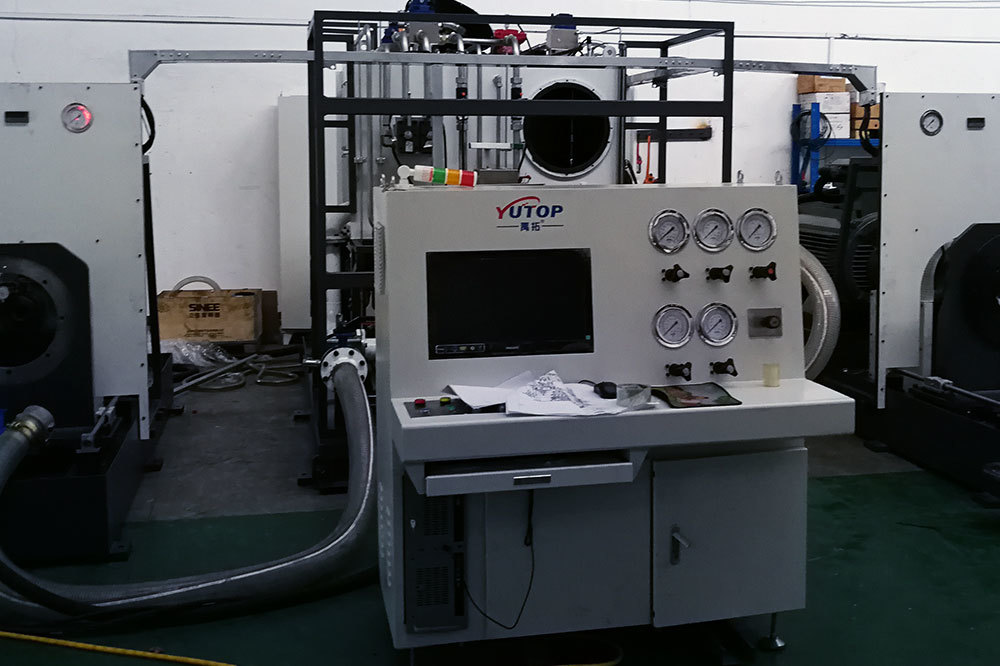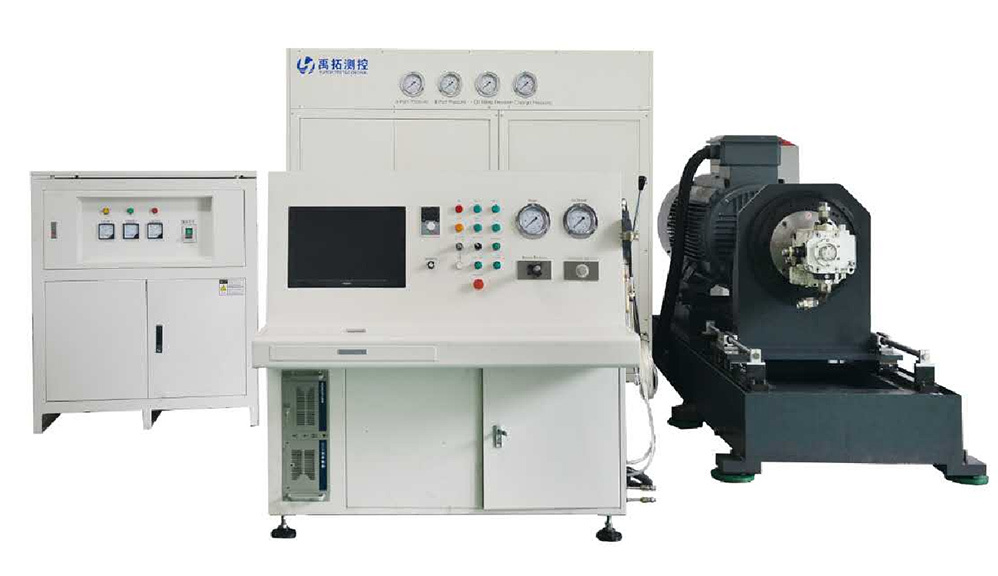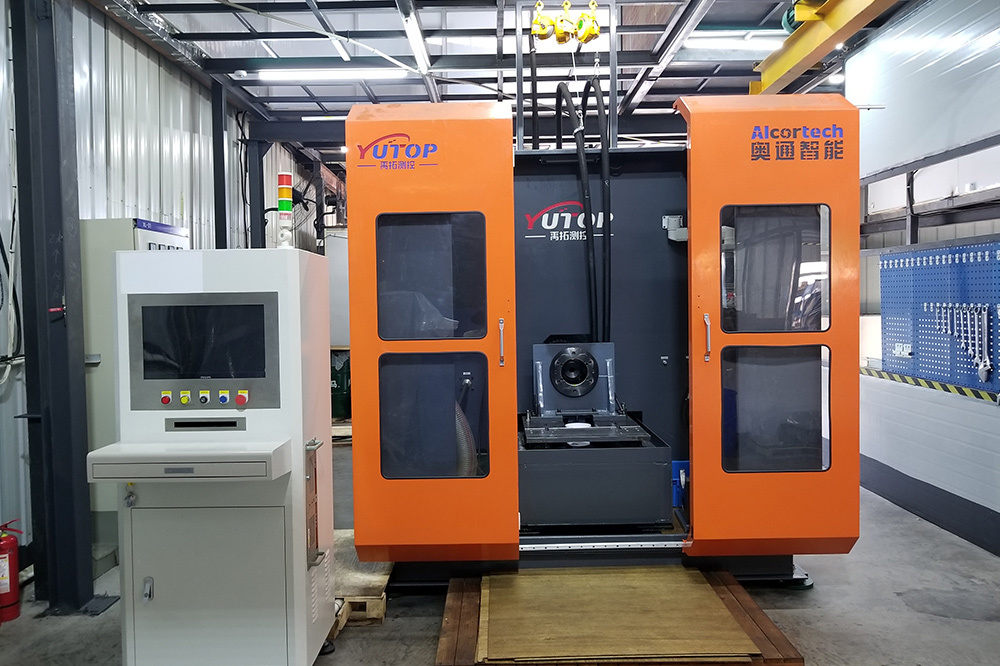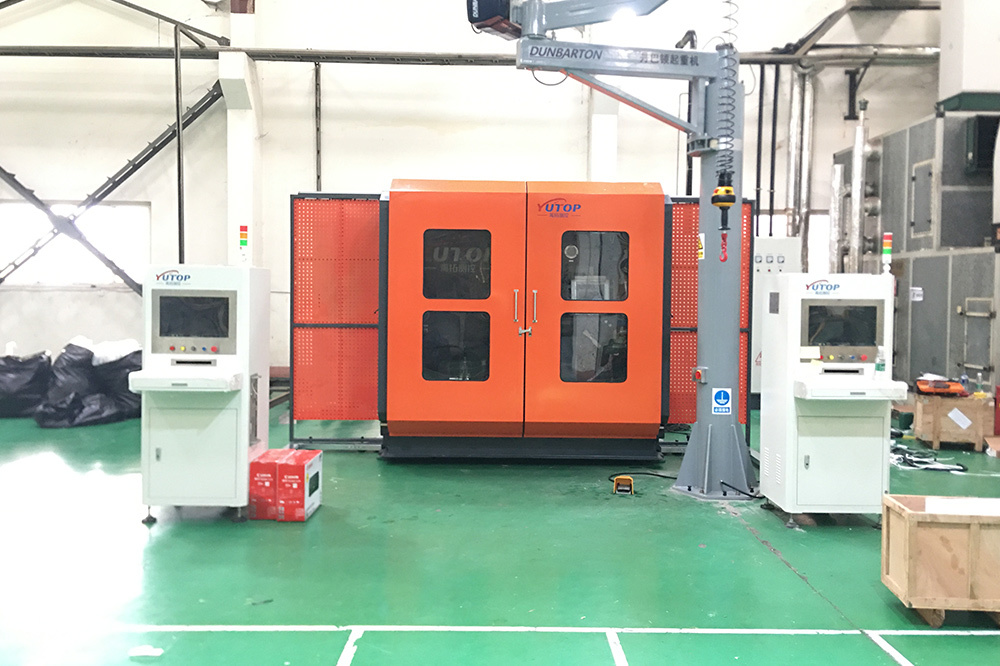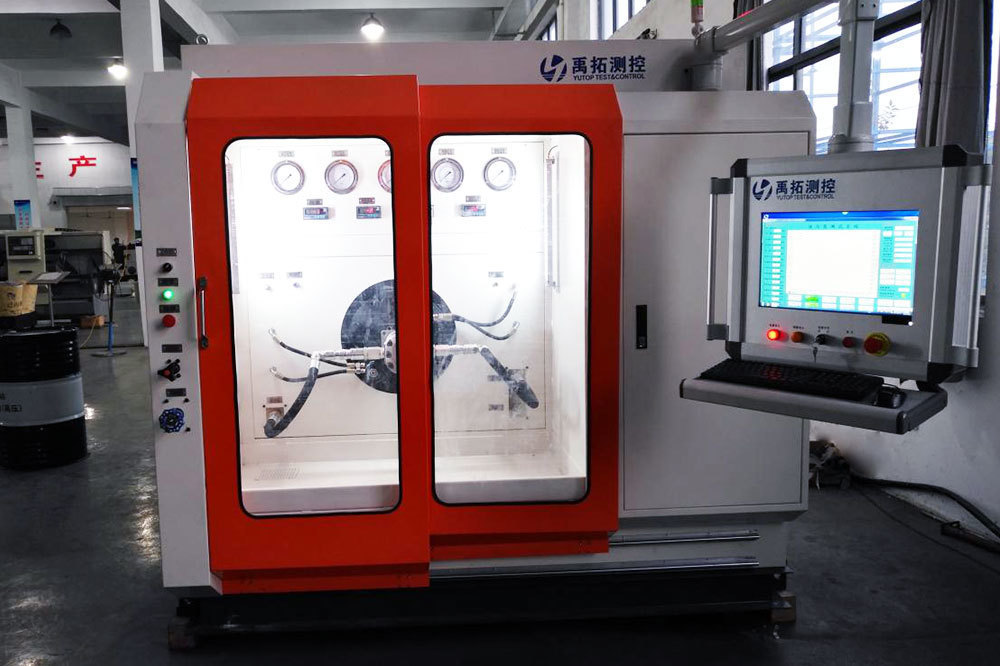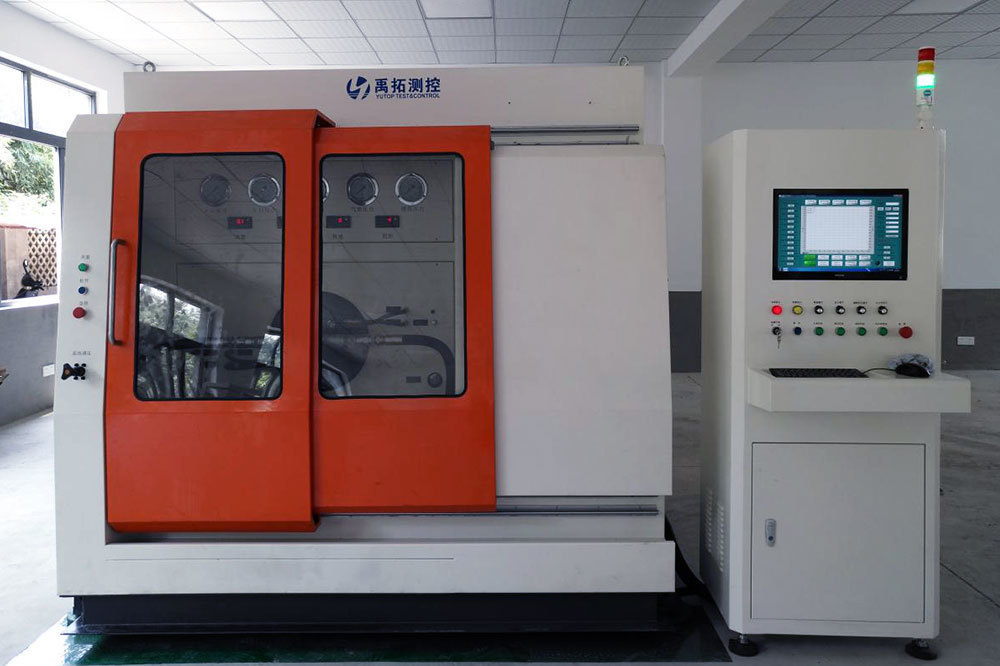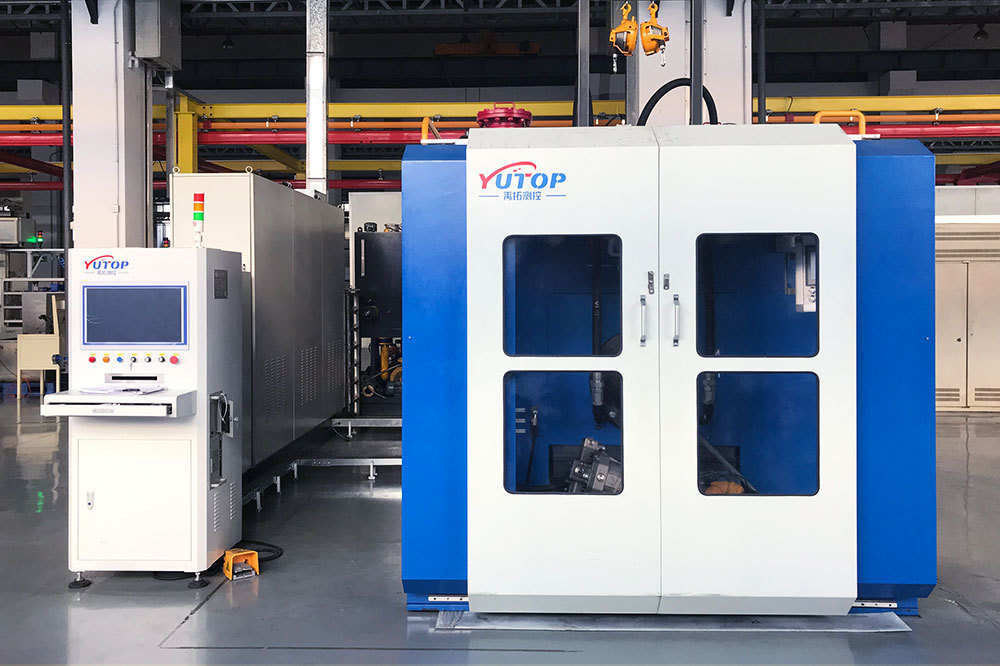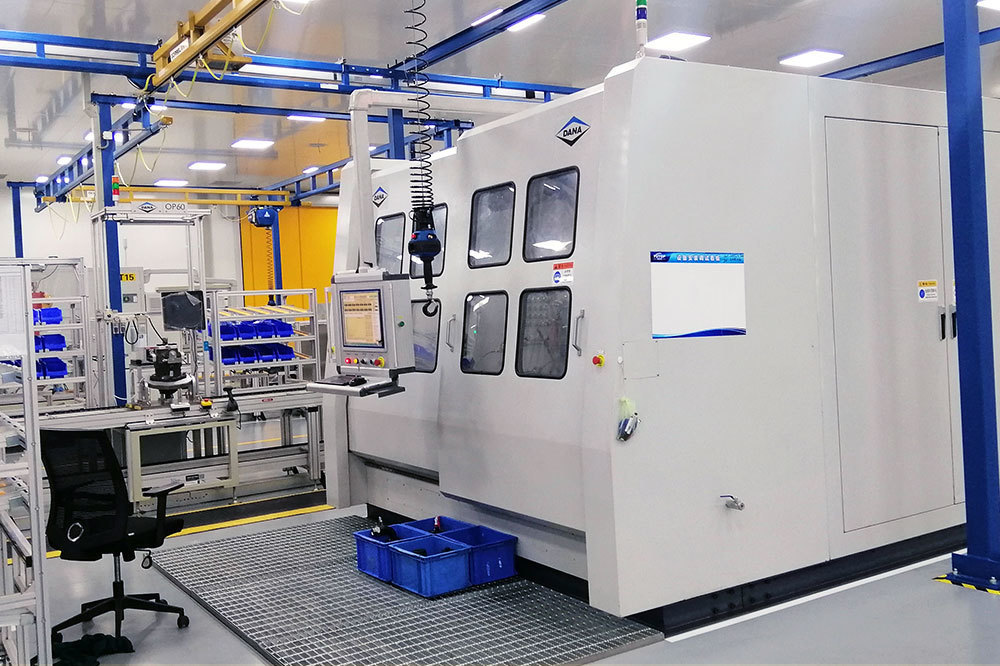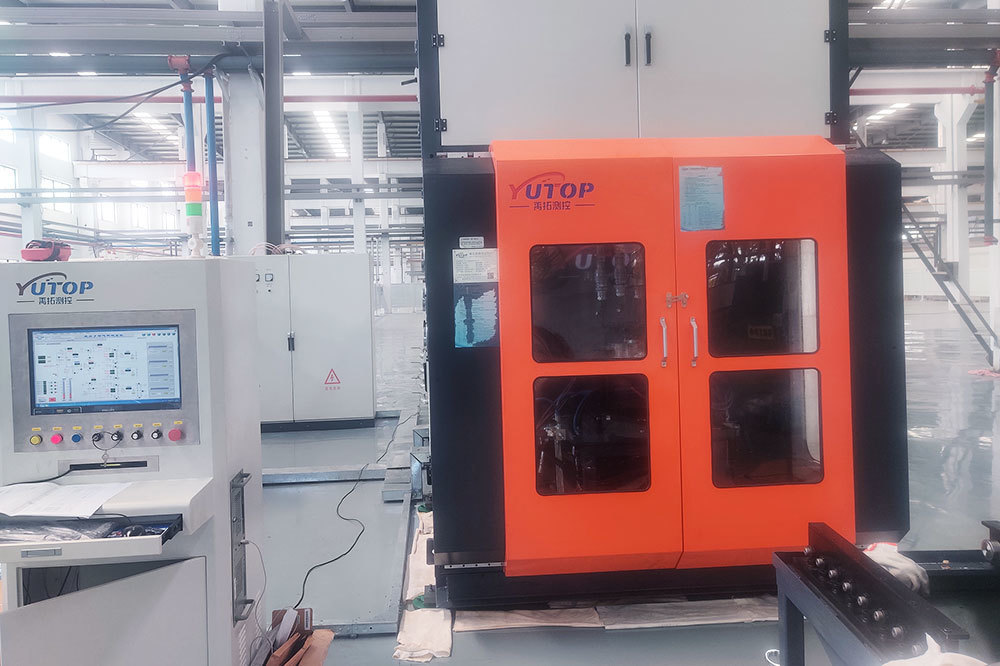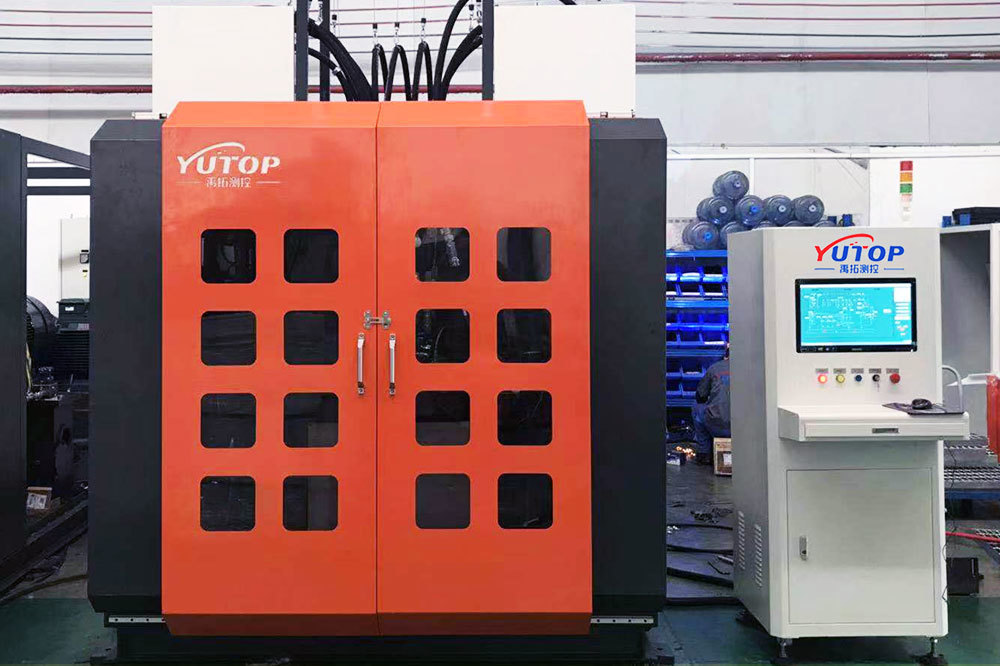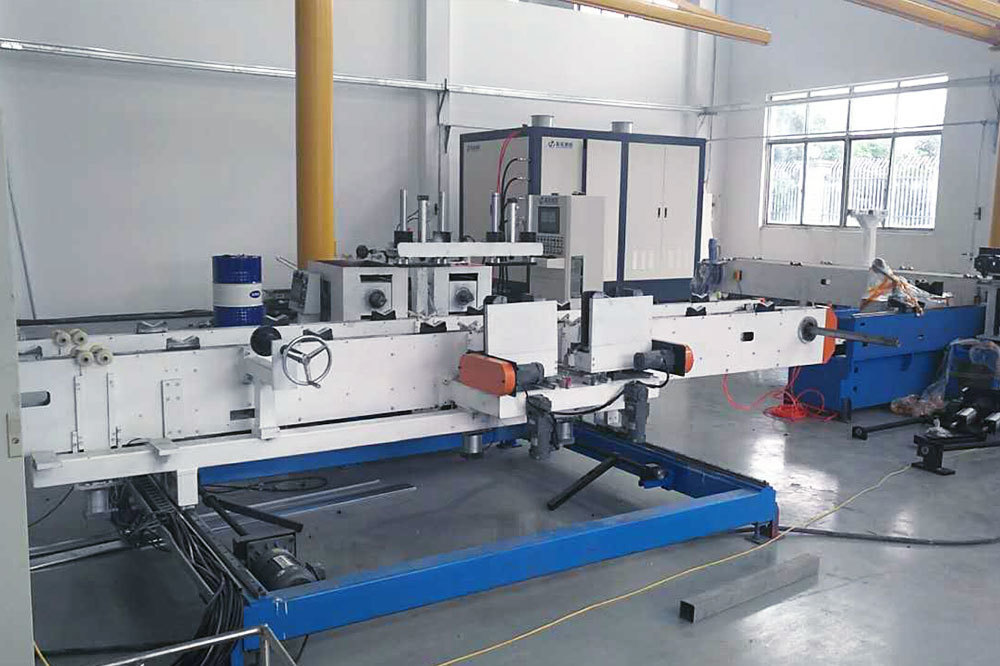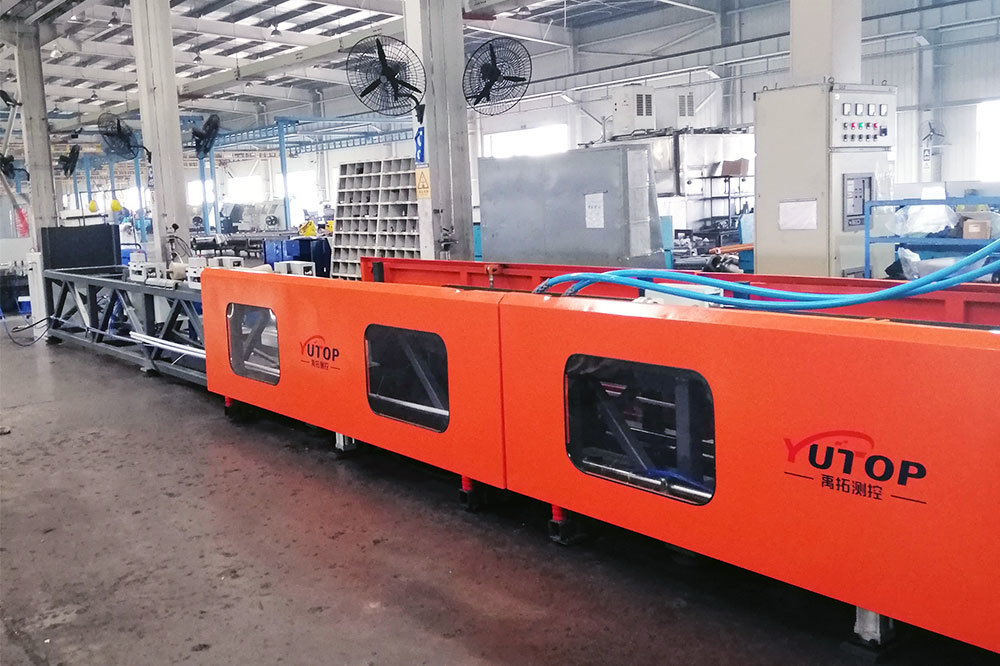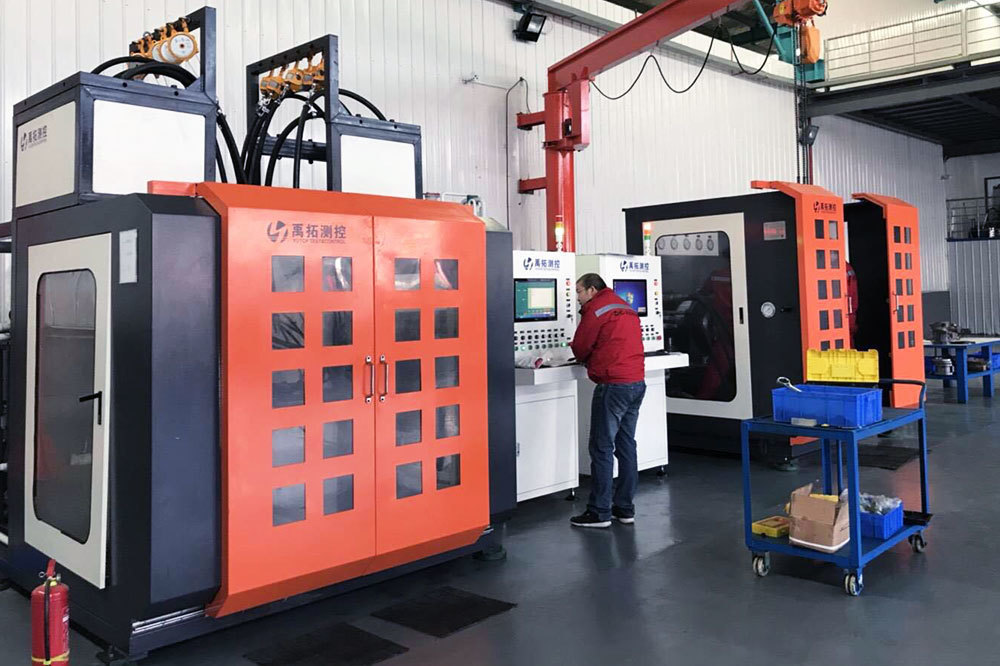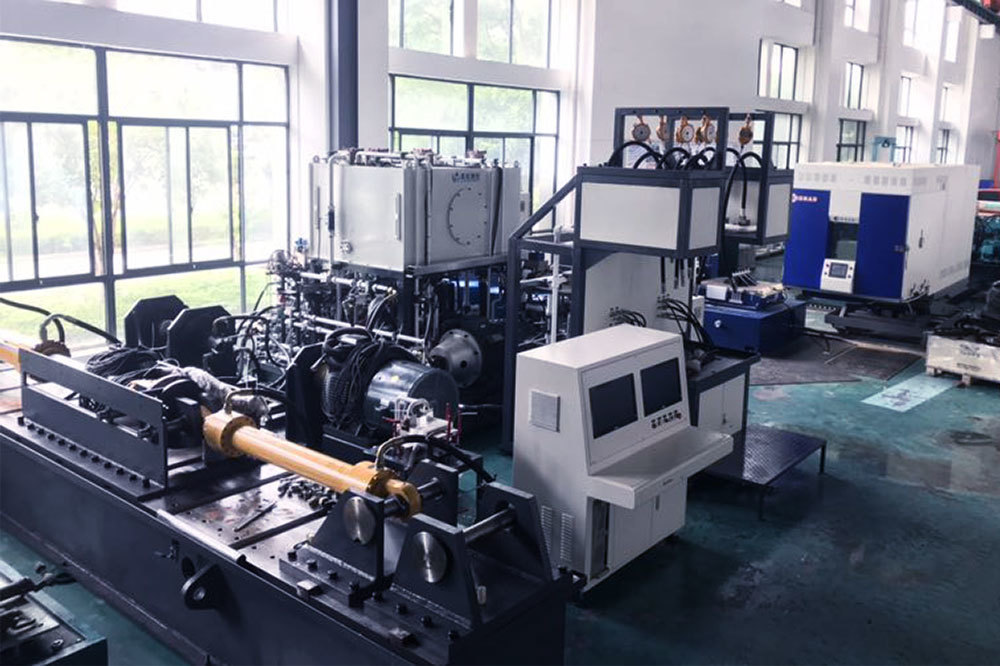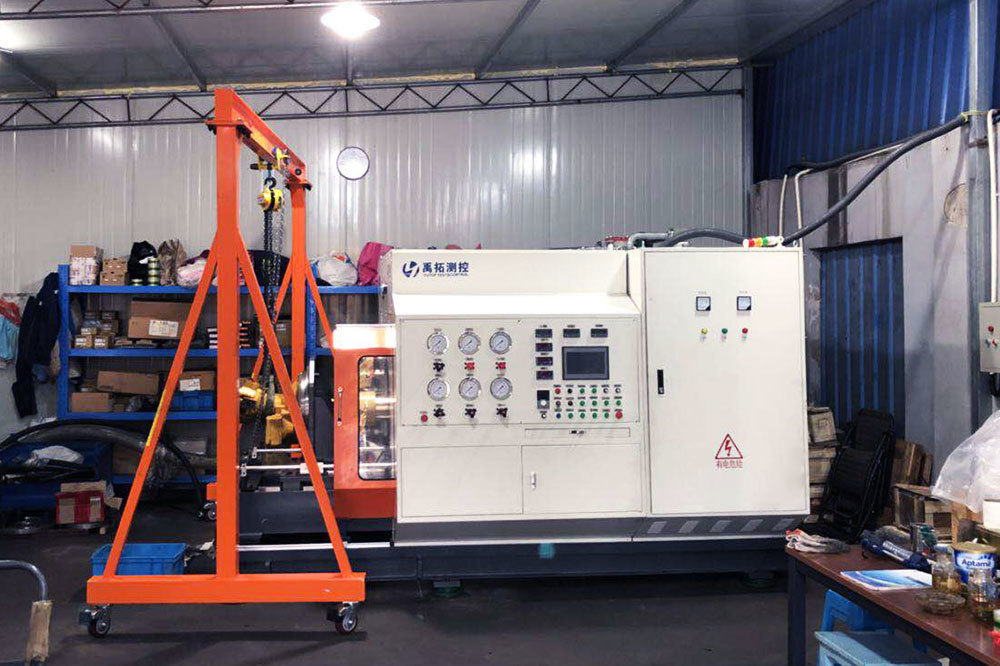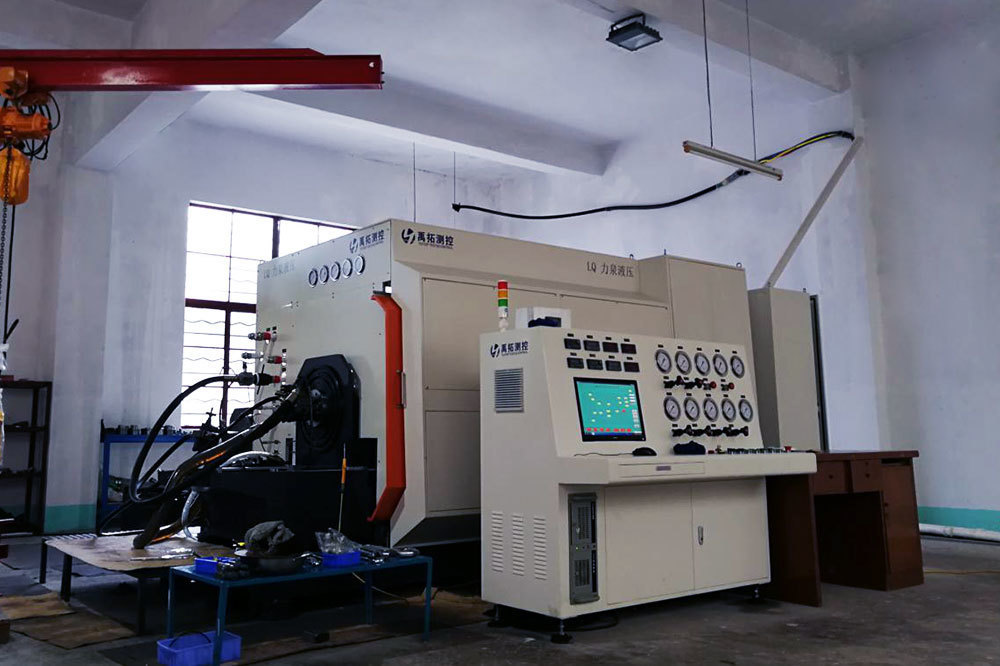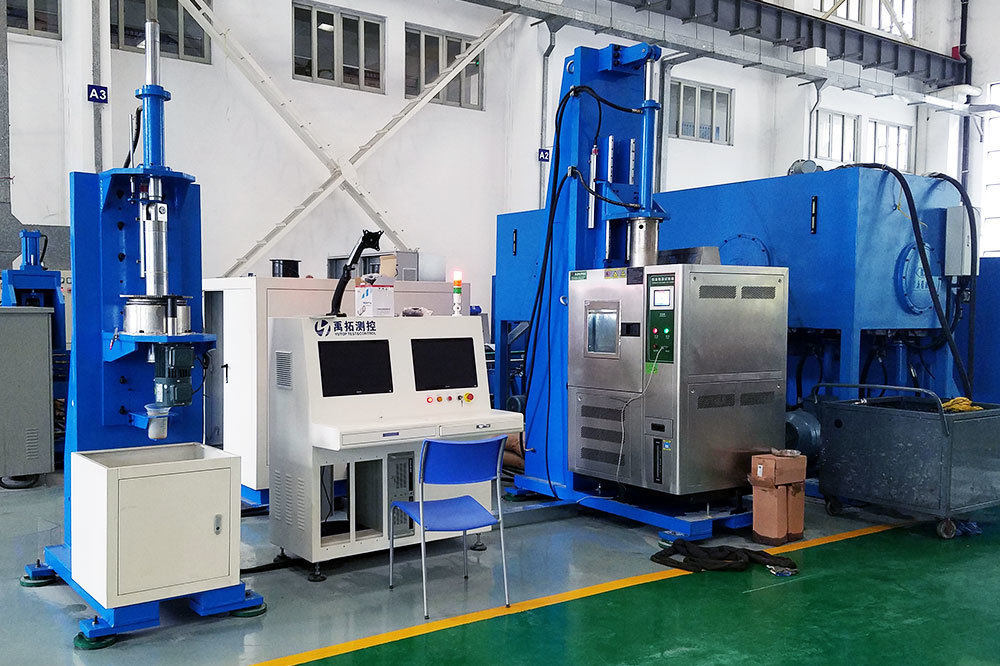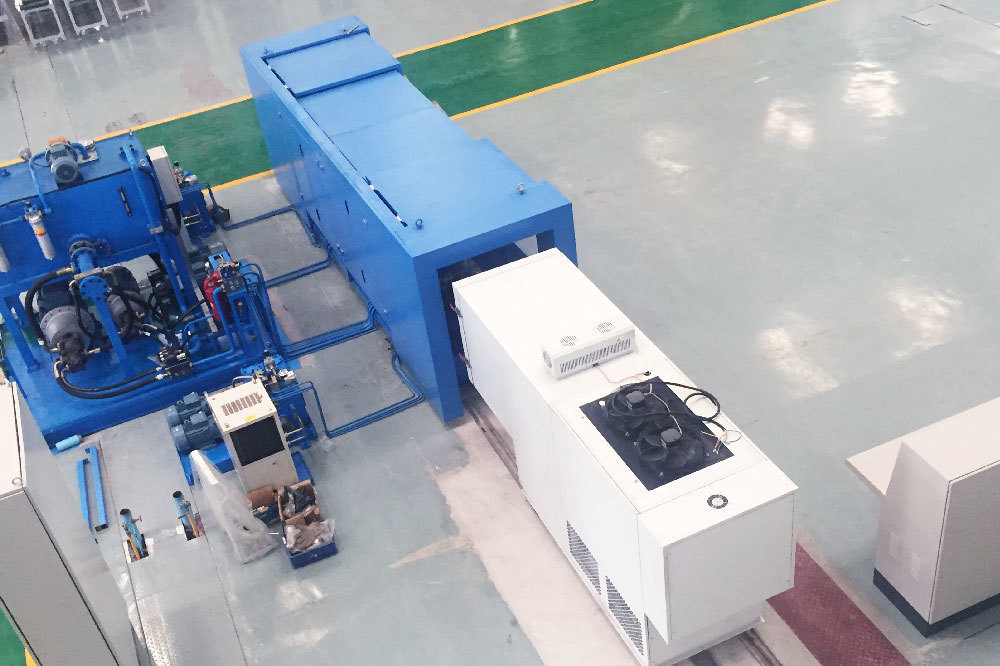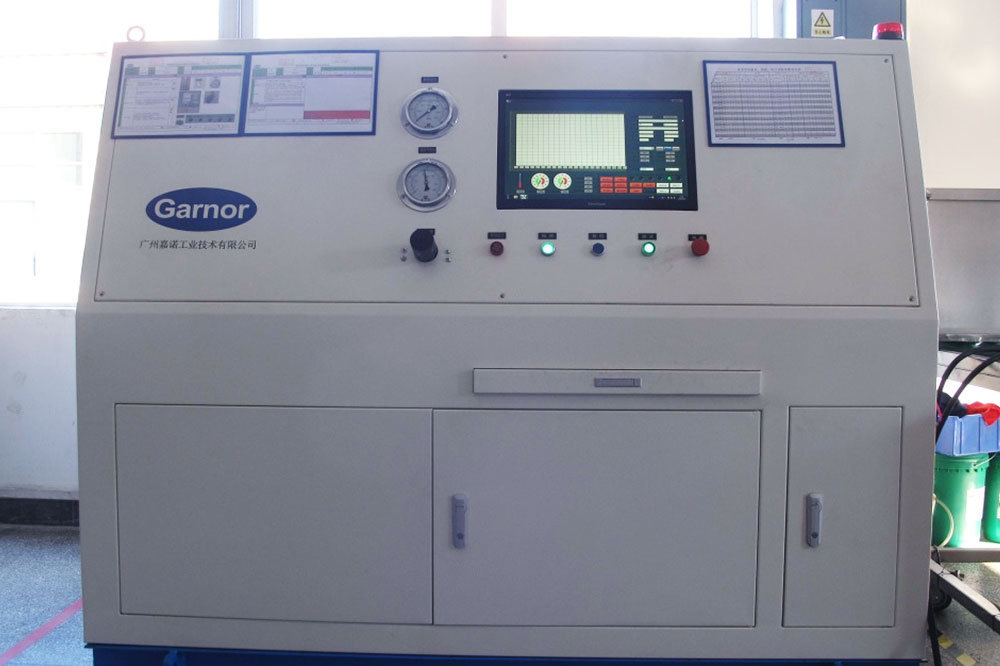Understanding the Importance of Piston Pump Testing Equipment in Industrial Applications
Understanding the Importance of Piston Pump Testing Equipment in Industrial Applications In the fast-paced world of industrial operations, efficiency and reliability are paramount. One of the key players in ensuring these aspects is the **piston pump**, a crucial component in various applications ranging from manufacturing to chemical processing. To guarantee that these pumps perform at their best
Aug 31,2025
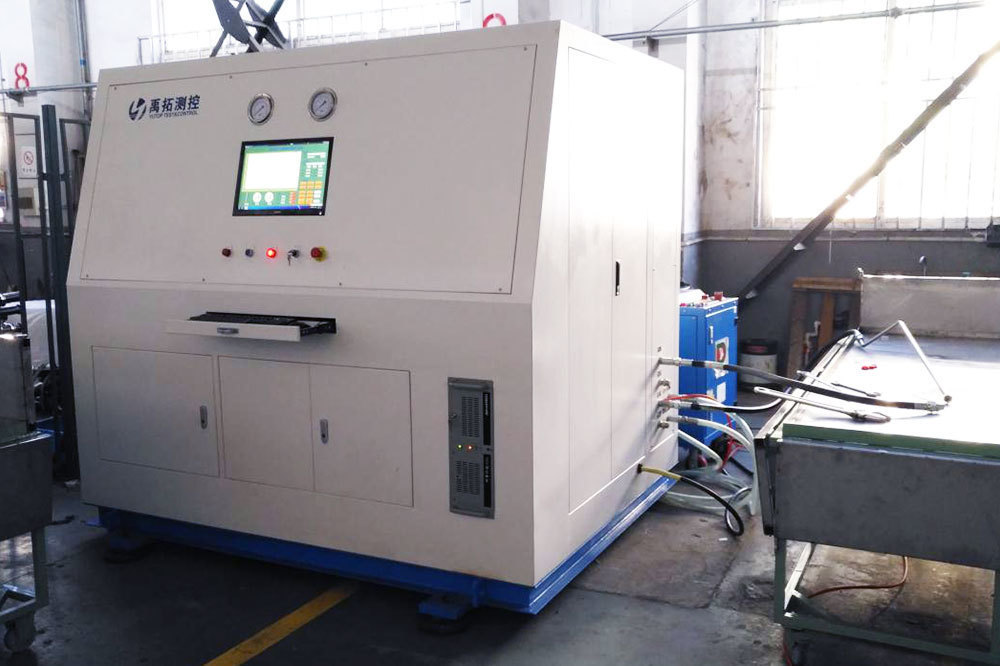
Understanding the Importance of Piston Pump Testing Equipment in Industrial Applications
In the fast-paced world of industrial operations, efficiency and reliability are paramount. One of the key players in ensuring these aspects is the **piston pump**, a crucial component in various applications ranging from manufacturing to chemical processing. To guarantee that these pumps perform at their best, **piston pump testing equipment** becomes essential. This article delves deep into the significance of testing equipment, exploring its functionalities, applications, and the benefits it brings to industries relying on piston pumps.
What is a Piston Pump?
Piston pumps are positive displacement pumps that utilize a piston to move fluids or gases within a cylinder. They are renowned for their efficiency in handling high-pressure applications and are widely used across various industries, including:
- **Oil and Gas**
- **Water and Wastewater Treatment**
- **Chemical Manufacturing**
- **Food and Beverage Processing**
Their ability to maintain consistent flow rates and handle various viscosities makes them indispensable in these sectors.
The Role of Piston Pump Testing Equipment
Testing equipment for piston pumps plays a pivotal role in assessing performance, durability, and efficiency. The following are key functions of testing equipment:
1. Performance Evaluation
Testing equipment provides an in-depth analysis of a piston pump's performance parameters, including:
- **Flow Rate:** Measures the volume of fluid that the pump can deliver over a specified period.
- **Pressure Head:** Assesses the amount of pressure generated by the pump to overcome system resistance.
Regular performance evaluations ensure that pumps operate within their specified parameters, preventing failures and optimizing productivity.
2. Leak Detection
Leaks can lead to significant operational losses and environmental hazards. Advanced testing equipment employs methods such as:
- **Hydrostatic Testing:** Involves filling the pump with water under pressure to identify leaks.
By identifying leaks early, industries can mitigate risks and reduce maintenance costs.
3. Maintenance Scheduling
Testing equipment assists in developing maintenance schedules based on actual pump performance, rather than following a generic timeline. This approach leads to:
- **Reduced Downtime:** By predicting potential failures before they occur, businesses can plan maintenance during non-peak hours.
- **Cost Savings:** Proactive maintenance reduces unexpected breakdowns and prolongs the pump's lifespan.
Types of Piston Pump Testing Equipment
Understanding the different types of testing equipment available is crucial for selecting the right tools for specific applications.
1. Pressure Testers
Pressure testers evaluate the pressure output of piston pumps to ensure they meet operational specifications. They are essential for:
- **Quality Control:** Ensuring each pump produced meets industry standards.
- **Troubleshooting:** Identifying issues within the pump's operation.
2. Flow Meters
Flow meters measure the flow rate of fluids moving through the pump. Key benefits include:
- **Accuracy:** Providing precise flow data helps in optimizing processes.
- **Real-time Monitoring:** Enabling operators to adjust parameters on-the-fly.
3. Vibration Analyzers
Vibration analyzers assess the mechanical condition of piston pumps. They help to:
- **Identify Imbalances:** Detecting misalignments or wear can save costly repairs.
- **Monitor Trends:** Tracking vibration data over time to predict failures.
Applications of Piston Pump Testing Equipment in Various Industries
Piston pump testing equipment finds its application across several industries, each with unique requirements and challenges.
1. Oil and Gas Industry
In the oil and gas sector, piston pumps are used for transporting crude oil, natural gas, and other fluids. Testing equipment here ensures:
- **Operational Efficiency:** High pressure and flow rates are maintained to meet production goals.
- **Safety Compliance:** Regular testing prevents leaks, ensuring environmental safety.
2. Chemical Manufacturing
Chemical processes often involve hazardous materials. Piston pump testing equipment plays a critical role in:
- **Process Stability:** Ensuring consistent flow rates that are crucial for product quality.
- **Regulatory Compliance:** Meeting stringent industry regulations regarding chemical handling.
3. Water and Wastewater Treatment
Pump testing is essential in water treatment facilities to manage the flow of water and wastewater. Here, testing equipment helps:
- **Optimize Treatment Processes:** Maintaining efficient flow rates improves treatment outcomes.
- **Prevent Contaminations:** Detecting leaks ensures pollutants do not enter clean water sources.
Benefits of Piston Pump Testing Equipment
Incorporating piston pump testing equipment into industrial operations presents numerous advantages.
1. Enhanced Reliability
Regular testing ensures that piston pumps function reliably under varying conditions, reducing the likelihood of unexpected breakdowns.
2. Improved Efficiency
By ensuring that pumps operate at their optimal performance levels, industries can achieve significant improvements in energy efficiency and productivity.
3. Extended Equipment Lifespan
Consistent testing and maintenance extend the life of piston pumps, leading to lower capital expenditures on replacements and repairs.
4. Safety Assurance
Testing equipment aids in identifying potential hazards, ensuring that operations run safely and within regulatory guidelines.
5. Data-Driven Decision Making
With detailed performance data, industries can make informed decisions regarding maintenance schedules, operational adjustments, and equipment purchases.
Best Practices for Using Piston Pump Testing Equipment
To maximize the benefits of piston pump testing equipment, industries should adopt the following best practices:
1. Regular Calibration
Ensure that testing equipment is regularly calibrated to maintain accuracy in measurements. This is crucial for making reliable assessments of pump performance.
2. Training Personnel
Invest in training operators and maintenance personnel on the proper use of testing equipment. Well-trained staff can effectively identify issues and optimize testing processes.
3. Document Results
Maintain detailed records of testing results, maintenance actions, and performance data. This documentation aids in trend analysis and decision-making.
4. Schedule Regular Testing
Create a routine testing schedule to ensure that all piston pumps are evaluated consistently. This proactive approach helps in identifying issues before they escalate.
Innovative Technologies in Piston Pump Testing
The landscape of piston pump testing is continually evolving, with innovative technologies enhancing capabilities.
1. IoT and Remote Monitoring
The integration of Internet of Things (IoT) technology allows for remote monitoring of pump performance. This innovation provides real-time data access, enabling quicker response times to potential issues.
2. Machine Learning Analytics
Machine learning algorithms can analyze historical performance data to predict failures and optimize maintenance schedules, enhancing operational efficiency.
Conclusion
In the industrial sector, piston pump testing equipment is more than just a tool; it is a vital component of a reliable and efficient operation. By ensuring that piston pumps are regularly tested and maintained, industries can enhance performance, prolong equipment lifespan, and safeguard operational safety. As technology continues to advance, staying updated with the latest testing innovations will further empower industries to optimize their processes and achieve greater efficiencies. Embracing the importance of piston pump testing equipment will pave the way for improved productivity and sustainability in industrial applications.
Frequently Asked Questions (FAQs)
1. Why is piston pump testing necessary?
Piston pump testing is essential to ensure optimal performance, identify potential issues, and extend the lifespan of the equipment.
2. What types of tests are conducted on piston pumps?
Common tests include performance evaluations, pressure tests, flow rate measurements, and leak detection assessments.
3. How often should piston pumps be tested?
The frequency of testing depends on the application and operational conditions, but regular testing is recommended to maintain performance.
4. Can testing equipment predict pump failures?
Yes, advanced testing equipment can analyze performance data to predict potential failures before they occur.
5. What are the cost benefits of using testing equipment?
Using testing equipment can lead to cost savings through reduced downtime, lower maintenance costs, and extended equipment life.
PREVIOUS:


